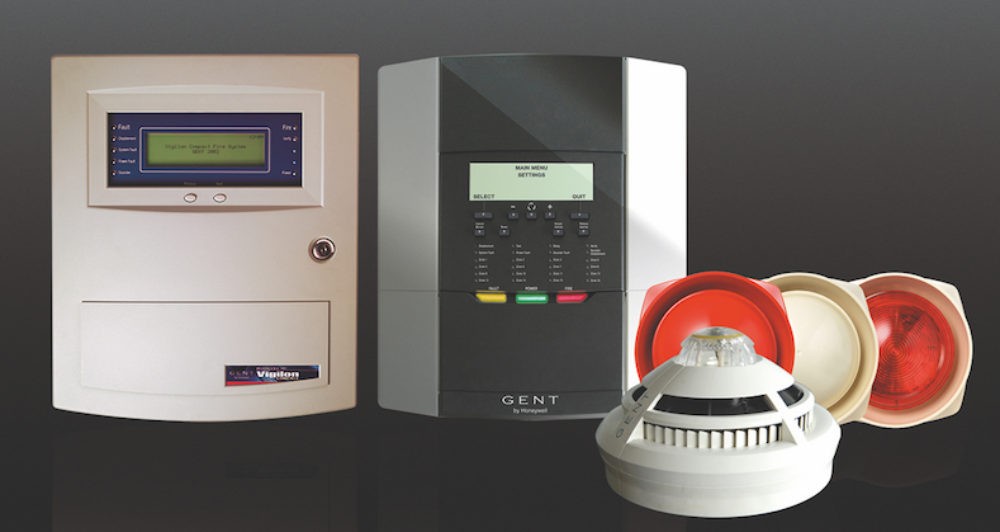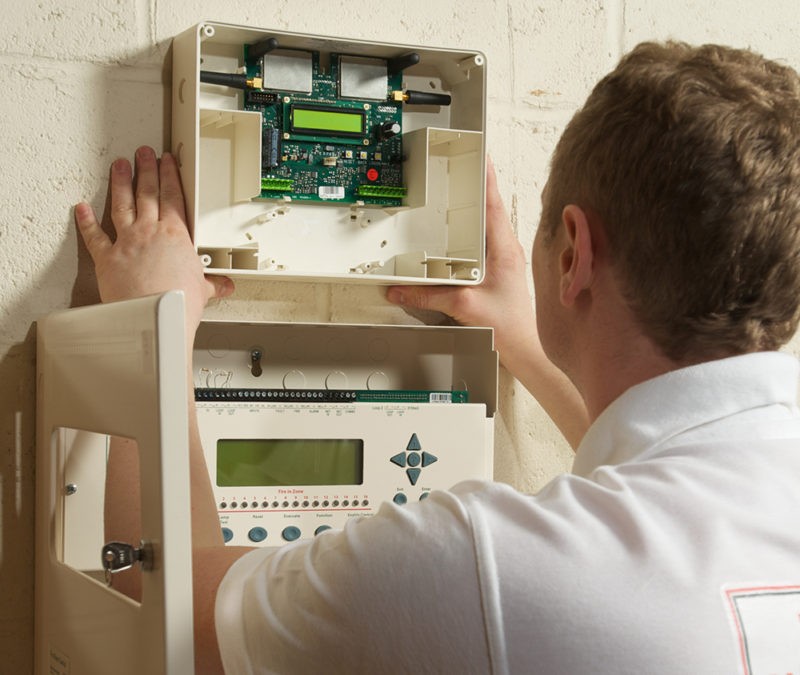Fire safety is a critical concern for commercial buildings in the UK, where the risk of fire can pose significant threats to people, processes, and property. The regulatory framework governing fire alarms is designed to ensure that adequate precautions are implemented to prevent fires and protect occupants in emergencies.
This article outlines the key regulations, standards, and best practices concerning the fire alarm regulations for commercial buildings across the UK.
The Regulatory Reform (Fire Safety) Order 2005 (FSO) is the main piece of legislation governing fire safety in buildings in England and Wales.
The Fire Safety Order applies to all workplaces and the common parts of buildings containing 2 or more domestic premises. It places legal duties on anyone in control of these premises to undertake and record a fire risk assessment and put in place and maintain general fire precautions.
Yes, you are legally required to have a fire alarm system in any commercial setting. The FSO 2005 mandates that all non-domestic premises must adopt effective fire safety measures, which include a reliable fire detection and alarm system.

Choosing the appropriate fire alarm system for your commercial business depends on several factors, such as the type of premises, occupancy, layout, and specific fire risks. Learn more about which fire alarm system to install in your commercial property.
Our article on types of commercial fire alarm systems explores various fire alarm solutions available for businesses, highlighting their features, benefits, and suitability for different environments. Understanding these options will help you make informed decisions when upgrading or installing a new system to enhance safety.
Installing a fire alarm system requires expertise and knowledge of fire safety regulations. It’s advisable to seek out a BAFE-certified contractor for fire protection services, as BAFE certification ensures that the company you engage meets all relevant standards and is independently audited.
While formal accreditation is not currently a legal requirement for all companies providing fire protection systems, at Tecserv UK, we believe it should be. We are committed to maintaining all necessary accreditations to provide our customers with peace of mind.
Yes, regular maintenance of your fire alarm system is essential to ensure its reliability and effectiveness during an emergency. For fire detection and alarm systems it is recommended a service by a competent provider is carried out every 6 months to comply with BS 5839-1 (the British Standard for fire detection and fire alarm systems for buildings in non-domestic premises). BS 5839-1 outlines multiple recommendations for inspecting and testing these systems that all BAFE SP203-1 Registered Organisations will be following.
Neglecting maintenance can lead to legal consequences, including fines or liability in the event of a fire. For effective maintenance practices, we recommend creating a fire alarm maintenance checklist.

Regular testing of fire alarms is crucial to ensure their functionality and reliability in the event of a fire.
As well as sticking to 6-month inspections (as a minimum), you’re legally required to run weekly fire alarm tests, too – this is covered in the FSO.
British Standard BS 5839 stipulates that all commercial building fire alarm systems must be tested weekly, with the purpose of verifying they are in good working order, and identifying any issues.
In each weekly test, a different fire alarm call-point should be activated to check that the alarm sounds and the panel (if applicable) receives the signal.
Fire alarm tests are a critical cog in ensuring your devices are fully operational should the worst happen, and that the people in the building know how it sounds. For each fire alarm test ran, a competent person should log the date and time of the test, and take appropriate action – right away – if there’s a fault.
Outside of your fire alarm tests, the below should all be documented too:
For more detailed guidance on testing frequencies and procedures, visit our blog on how often should a fire alarm be tested in the workplace.
Conducting regular fire drills is vital for the safety of all occupants in a commercial building. Fire drills familiarise employees with the evacuation plan, allowing them to practice and understand the safest and quickest exit routes in case of an emergency.
Regular drills also help identify potential bottlenecks or misunderstandings in the evacuation process, enabling you to address these issues before a real emergency occurs. Furthermore, fire drills reinforce a culture of safety within the workplace, ensuring that everyone understands their roles and responsibilities during a fire incident. By consistently conducting fire drills, businesses not only comply with legal requirements but also significantly improve their overall fire safety preparedness.
Fire safety in the workplace is a collective responsibility, primarily falling on the “Responsible Person.”
This individual is typically the employer but may also be a designated person who oversees fire safety management within the organisation. The Responsible Person is responsible for ensuring that all fire safety measures are implemented, including conducting risk assessments, establishing fire safety protocols, and maintaining equipment like fire alarms and extinguishers. They must also ensure that staff receive proper training and are aware of emergency procedures. While a culture of safety requires collaboration from all employees, the Responsible Person plays a crucial role in leading and enforcing fire safety standards. For more information on this topic, visit our blog on who is responsible for fire safety in the workplace.
If you would like further advice regarding the right fire and security alarm systems to install in your office, please get in touch.
Why not download our handy free guide to fire safety in the workplace? This guide provides business owners and responsible individuals with a reference document regarding their legal responsibilities in respect of fire safety in the workplace. Click here to download.
